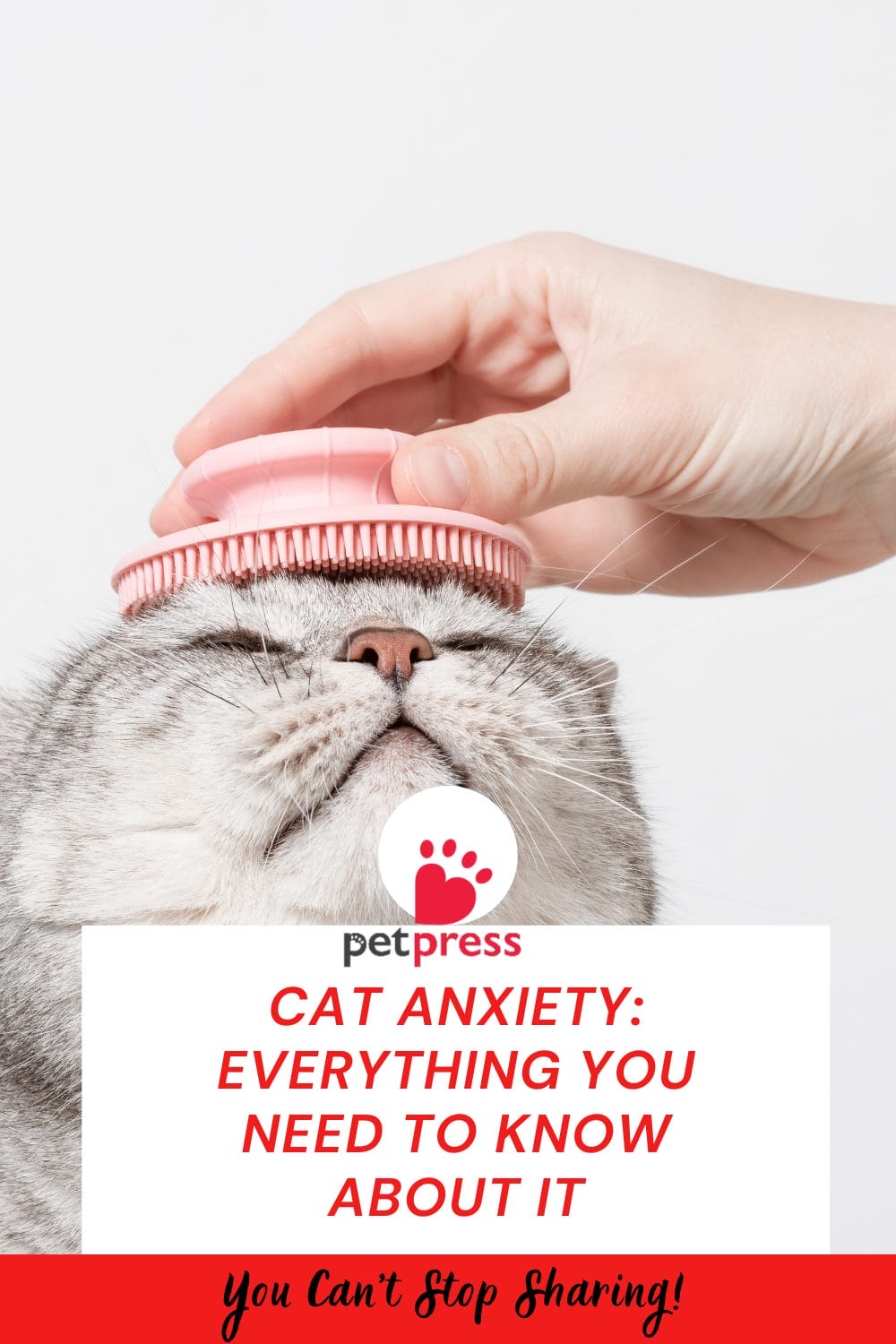
If you’ve ever found your cat tucked away in a closet, under the bed, or behind furniture, you might wonder what’s happening in their furry little head.
Cats are masters at hiding, but this behavior can sometimes signal underlying anxiety or stress.
As a pet parent, understanding cat anxiety and why your feline friend seeks refuge can help you address their needs and create a calming environment.
In this article, we’ll explore the significance of cat anxiety, delve into its causes, and offer practical tips to help your cat feel more secure and confident in their surroundings.
Significance of Understanding Cat Anxiety
While independent and resilient, cats are sensitive creatures. Anxiety can affect their overall well-being, leading to behavioral changes, health problems, and a decline in their quality of life.
Recognizing the signs of anxiety is crucial in fostering a strong bond with your pet and ensuring they thrive in a loving and stress-free environment.
When left unaddressed, cat anxiety can escalate, resulting in destructive behaviours, overgrooming, or even physical illness.
By understanding their triggers and behaviors, you can take proactive steps to support your feline friend’s emotional health.
What Is Cat Anxiety?
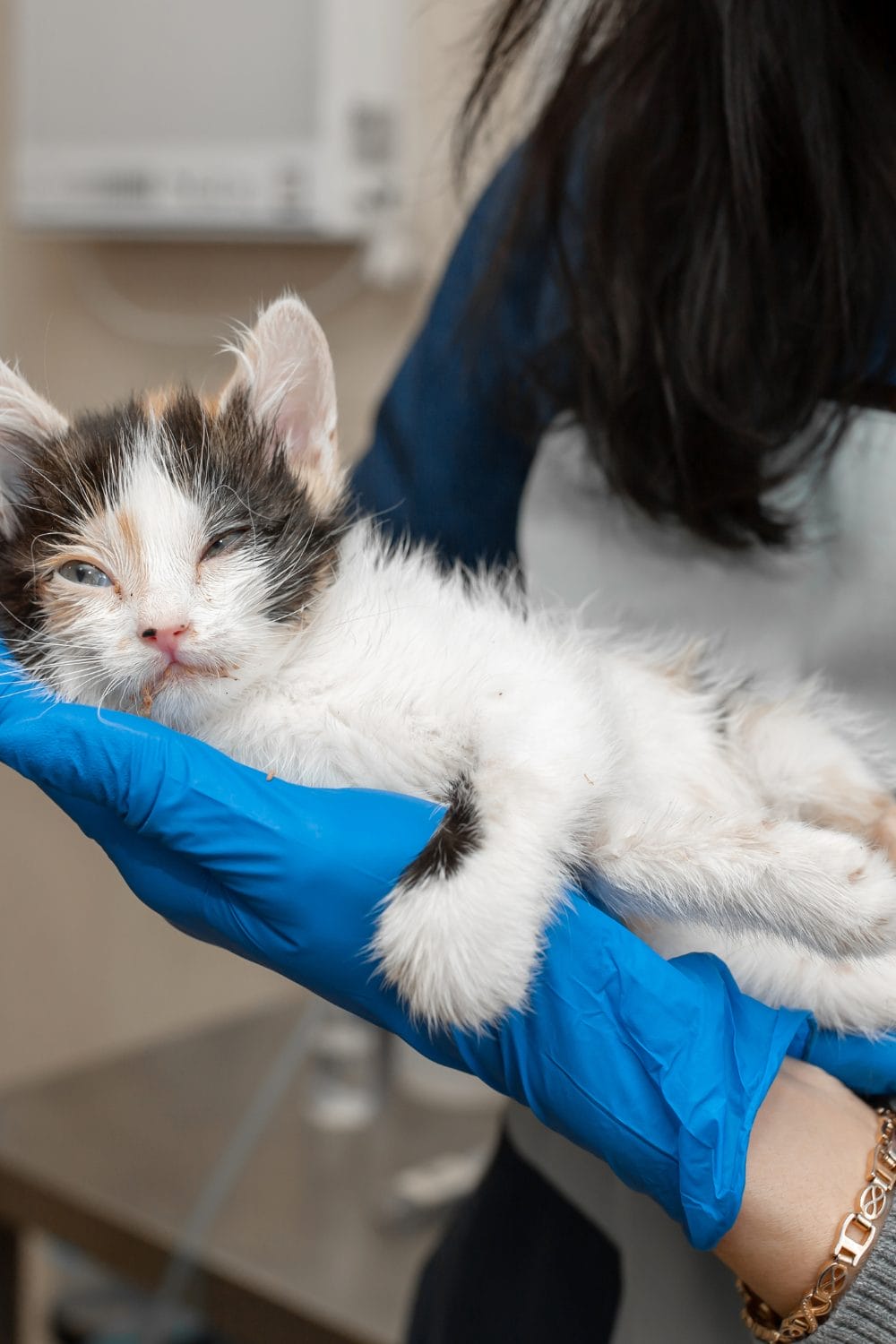
Cat anxiety refers to a state of heightened nervousness or fear that a cat experiences in response to specific triggers.
While occasional stress is natural, chronic anxiety can impact their behavior and well-being.
Common symptoms of anxiety in cats include:
- Hiding or retreating to secluded spaces.
- Excessive grooming or hair loss.
- Changes in appetite (overeating or refusing to eat).
- Aggression or irritability.
- Litter box issues.
- Vocalizations like excessive meowing or growling.
- Restlessness or pacing.
Cats are creatures of habit, and even minor changes in their environment or routine can provoke anxiety. Identifying the cause is the first step toward helping your cat feel secure.
What Causes Cat Anxiety?
Here is a list of the factors of a cat’s anxiety, including:
Environmental Changes
Moving to a new home, rearranging furniture, or introducing new pets or people can disrupt a cat’s sense of security.
Traumatic Experiences
Past abuse, neglect, or a frightening incident can leave lasting effects on a cat’s psyche.
Lack of Socialization
Cats that weren’t exposed to different people, animals, or environments as kittens may be more prone to anxiety.
Health Issues
Pain or discomfort from illnesses, injuries, or aging can cause stress and anxiety.
Separation Anxiety
Some cats develop strong bonds with their owners and feel distressed when left alone for extended periods.
Overstimulation
Loud noises, crowded spaces, or excessive handling can overwhelm sensitive cats, leading to anxiety.
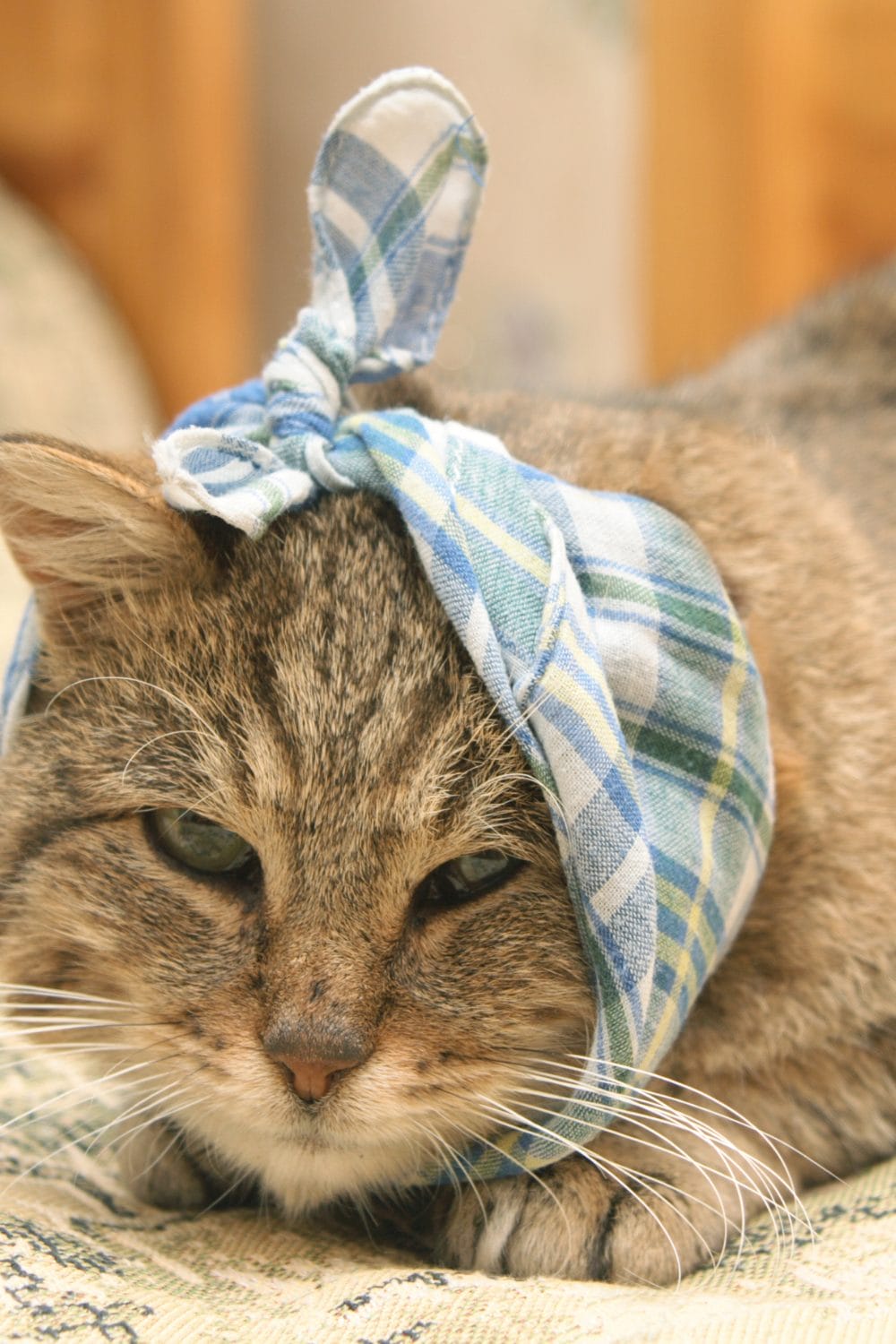
Why Does Your Cat Hide?
Hiding is a natural feline behavior, often rooted in their instinct to seek safety when threatened. However, if your cat hides excessively, it may signal anxiety or stress.
Here are some reasons why your cat might be hiding:
Fear of New Surroundings
Cats may hide when introduced to a new home or environment as they adjust to unfamiliar smells, sights, and sounds.
Avoidance of Stressful Situations
Loud noises, visitors, or other pets can prompt a cat to retreat to a quiet space.
Health Problems
Cats often hide when they’re feeling unwell as a way to protect themselves in a vulnerable state.
Territorial Concerns
The presence of another cat or animal in the household can make a cat feel insecure about their territory, leading them to hide.
Overwhelm or Sensory Overload
Cats can become overstimulated by too much activity or attention, causing them to seek solitude.
How to Help a Cat with Anxiety
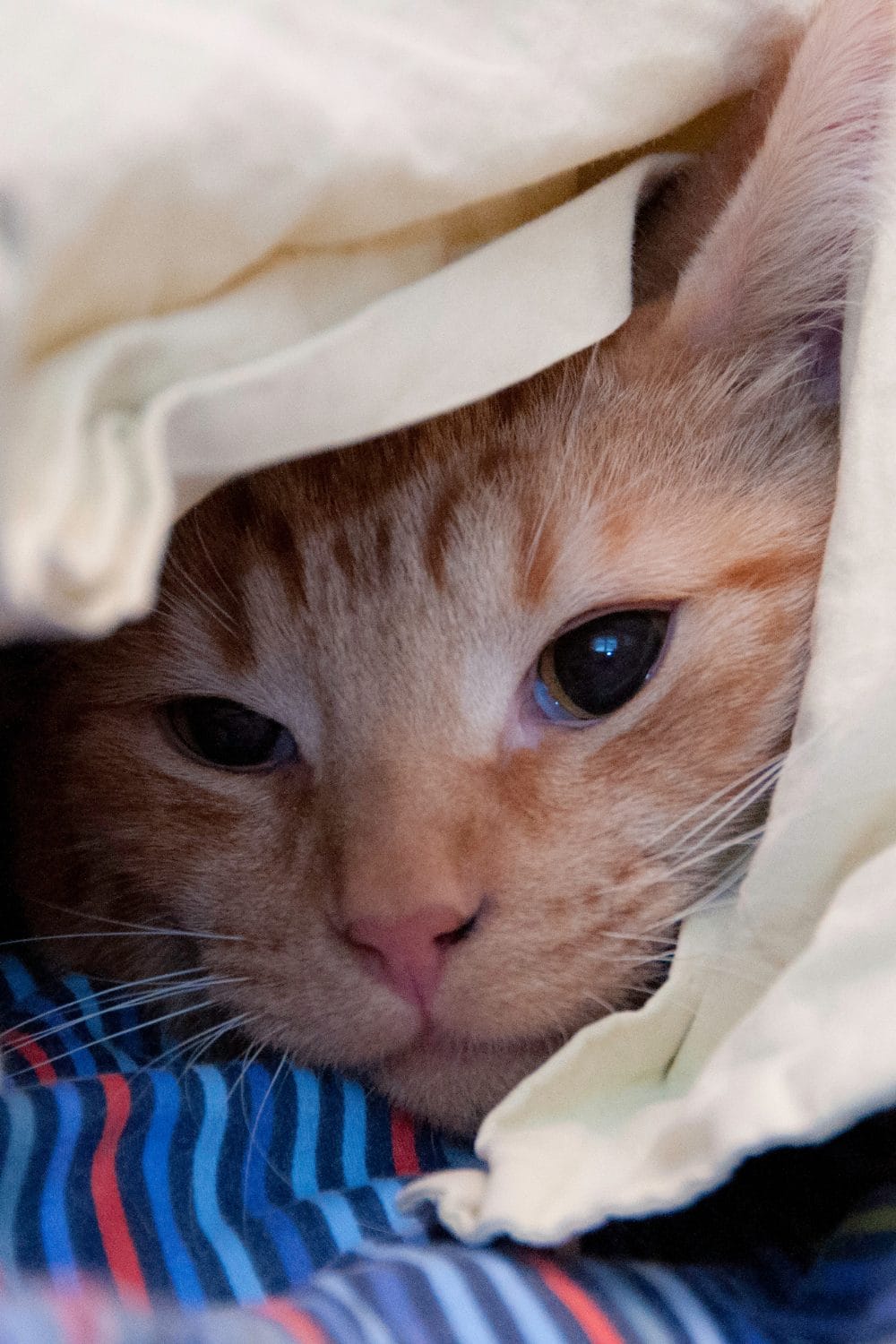
Helping an anxious cat requires patience, understanding, and a commitment to creating a safe and comforting environment. Here are some practical strategies:
Create a Safe Space
Designate a quiet area in your home where your cat can retreat without being disturbed. Provide a cozy bed, familiar toys, and access to food and water.
Maintain Consistency
Stick to a routine for feeding, playtime, and interactions. Predictability helps cats feel secure.
Provide Enrichment
Engage your cat with interactive toys, scratching posts, and climbing trees to keep them mentally and physically stimulated.
Use Calming Aids
Products like pheromone diffusers, calming collars, CBD oils, or sprays can help reduce anxiety in cats. These mimic natural feline pheromones to promote relaxation.
Address Health Issues
If your cat’s behavior changes suddenly, consult a veterinarian to rule out any medical problems causing discomfort or stress.
Socialize Gradually
Introduce new people, pets, or changes in the environment slowly to give your cat time to adjust.
Be Patient and Observant
Avoid forcing interactions or removing your cat from their hiding spot. Instead, allow them to come out at their own pace while monitoring their behavior for signs of improvement.
Conclusion
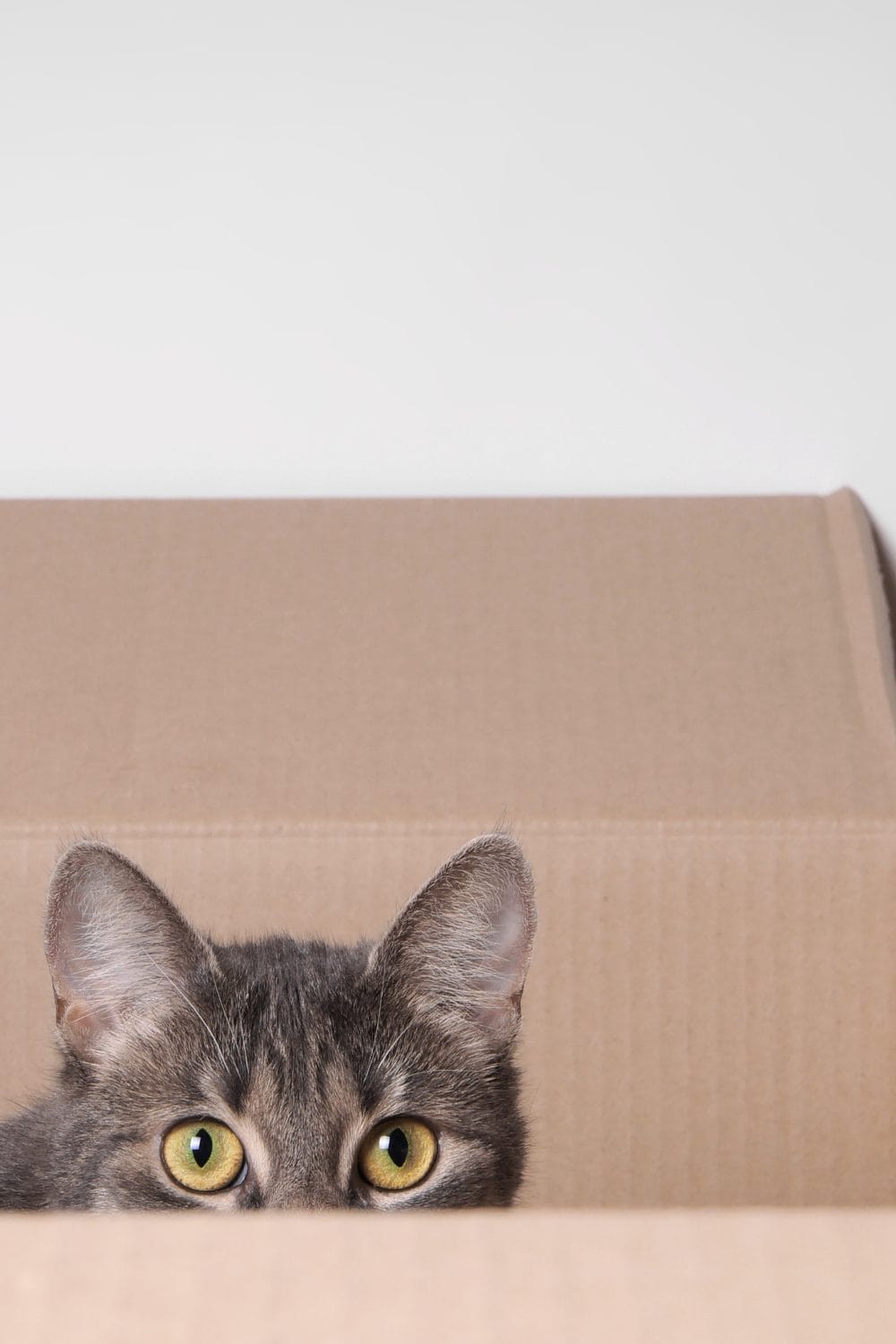
Understanding cat anxiety and why your feline hides is essential in providing the care they need.
By recognizing the triggers and offering support, you can help your cat feel safe, confident, and happy.
Remember, every cat is unique, and what works for one may not work for another. Approach the process with patience and compassion, and seek professional guidance if necessary.
Your efforts to alleviate your cat’s anxiety will strengthen the bond you share and ensure they live a fulfilling life in your care.
FAQs about Cat Anxiety
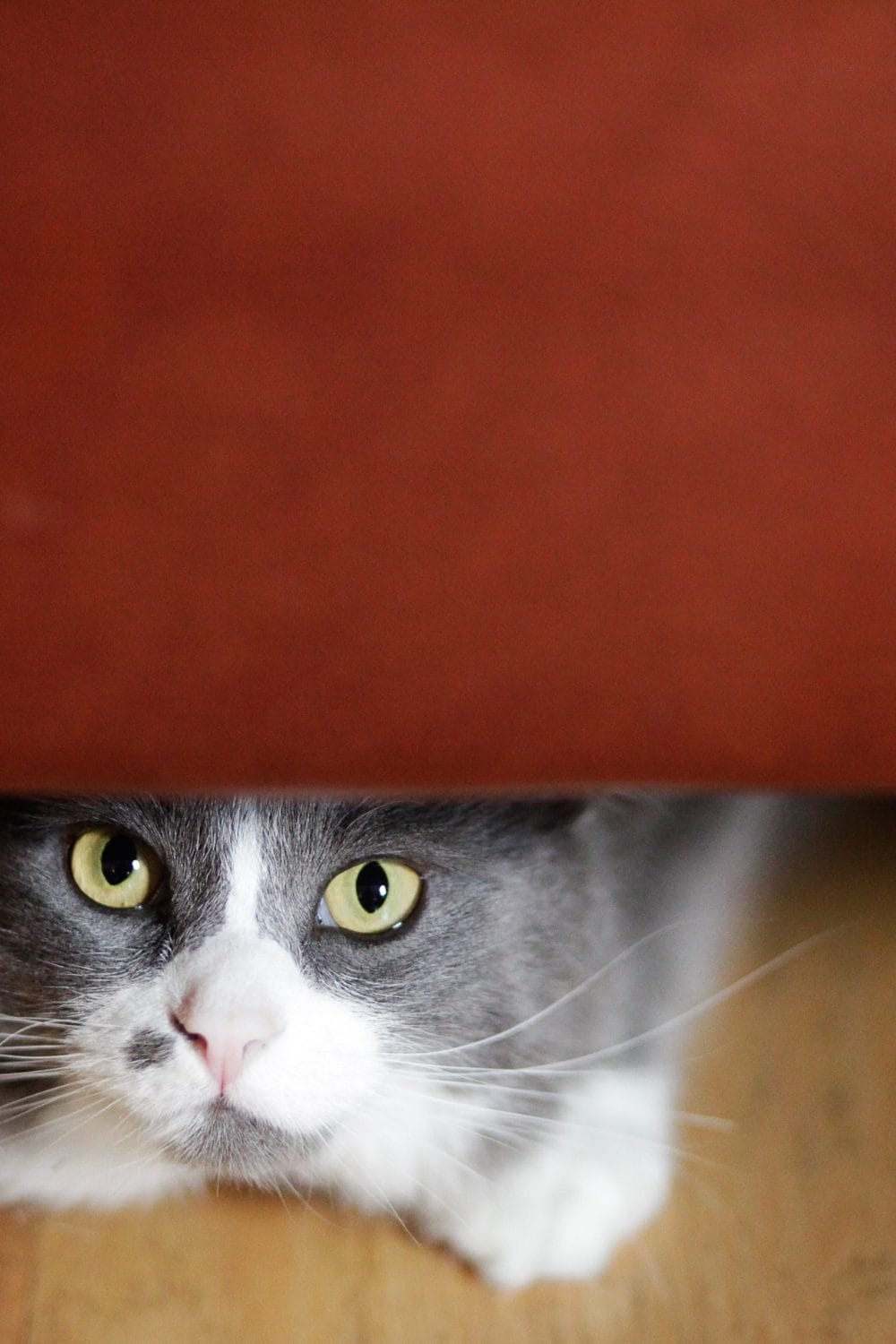
If your cat’s hiding behavior is accompanied by symptoms like loss of appetite, lethargy, or changes in litter box habits, consult a veterinarian. Illness can often be mistaken for anxiety.
While you can’t eliminate a cat’s natural instinct to hide, you can reduce excessive hiding by addressing the causes of their anxiety and providing a secure environment.
Yes, breeds like Siamese and Burmese are often more sensitive and prone to anxiety due to their sociable and emotional nature.
No, forcing a cat out of hiding can increase their stress. Instead, create a comforting environment that encourages them to come out on their own.
If your cat’s anxiety persists despite your efforts or significantly impacts their quality of life, consult a veterinarian or an animal behaviorist for guidance and treatment options.
- Dogs Pooping Blood: A 2026 Guide for Concerned Pet Parents - February 23, 2026
- How to Celebrate a Dog’s First Birthday on a Budget: 2026 Guide - February 18, 2026
- Best Shampoo for Sensitive Skin Dog Grooming: 2026 Guide - February 12, 2026


GIPHY App Key not set. Please check settings